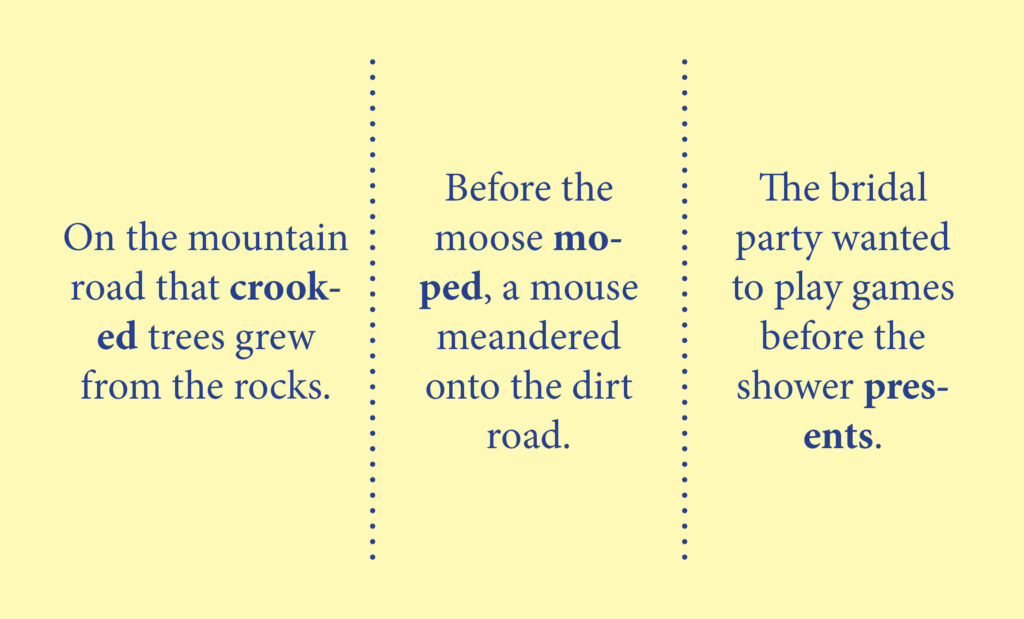
Last weekend, I attended She Speaks 2024 online. One big lesson I learned came not only from the many wonderful speakers but also from the attendees.
Success scares us.
My thoughts tread along a steep, rocky path of fear: If I become published, do I have to live in the spotlight of social media rather than in my cozy wallflower home? What if I botch the message I want to share? What if God calls me to reveal something deeply personal?
For these questions, I found encouragement in 1 Corinthians 3 about our work as God’s servants. First and foremost…
- we are all servants of God (v. 5). We belong to a community of like-minded believers, writers wanting to nurture our readers with God’s truth, a truth we can plant alone but not nurture alone. As part of God’s ministry team…
- we have built-in writing support (v. 6). This team supports us in our writing and we support their writing as well (through critique groups, through book launch teams, on social media, through prayer, etc.). By tending to our own stories as well as contributing to others’ writing journeys…
- we work together in God’s service (v. 9). Our writing offers fields of nourishment, for example, a soldier might write a book of their experiences with PTSD that provides spiritual nourishment for other soldiers. Our writing offers a shelter of understanding, for example, a blogger whom God has healed from alcoholism might build a shelter for an alcoholic seeking refuge from temptation. Our writing ministry combined with others’ expands our Kingdom reach.
When we write in fear of success, our work may stay merely a seed in the ground. And seeds that stay in the ground end up rotting. Instead, let’s call upon our fellow workers to help us build stories on the foundation of Christ. Let’s come together in his name to grow bountiful fields and to build useful buildings. Let’s turn the spotlight from us to God, whose love helps us grow through our community and uses our writing as part of his ministry.
1 Corinthians 3:9 (ESV)—For we are God's fellow workers. You are God's field, God's building.










